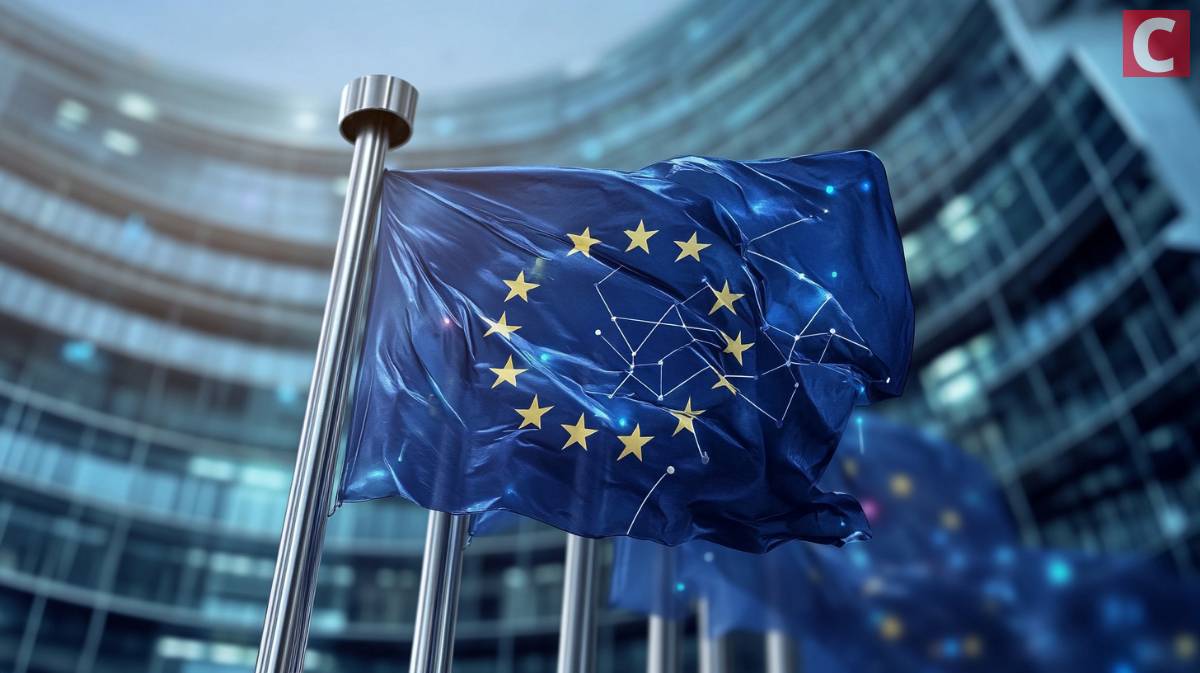Gate Technology Ltd obtained a MiCA license from Malta’s financial regulator, joining major exchanges like Coinbase and Kraken in offering compliant services.
Gate Technology Ltd, a subsidiary of Gate Group, secured the MiCA license from the Malta Financial Services Authority (MFSA) this week, authorizing the firm to offer exchange and custody services across the European Union. This was announced on September 1, 2025.
The license aligns Gate Group’s operations under the European Union’s new Markets in Crypto-Assets Regulation (MiCA), furthering its push into the region and reinforcing the company’s leadership message that compliance remains central to its global expansion strategy.
Gate Group Advances European Strategy
Dr. Lin Han, the founder of Gate Group, emphasized that operating with explicit regulatory approval is essential for the firm’s long-term objectives across Europe.
“Compliance and regulations are always at the core of all our activities,” Dr. Han stated in the official announcement.
He highlights Malta as a primary gateway for regulated digital asset services in the EU market. With the MiCA license, Gate Technology Ltd plans to initiate the passporting process, enabling it to expand compliant operations across all European countries under a unified regulatory framework.
Gate Technology Ltd ("Gate Europe"), part of Gate Group, has officially obtained a MiCA License from the MFSA. This license authorizes Gate Europe to provide regulated crypto exchange and custody services under MFSA supervision.
Gate Group reaffirms its confidence in Malta's… pic.twitter.com/Zkd3nnlE1a
— Gate (@Gate) October 1, 2025
Gate Europe’s CEO, Giovanni Cunti, stated that the license will enhance the company’s ability to serve clients professionally under the MiCA framework, thereby accelerating its continental expansion.
MiCA Licenses Reshape the European Crypto Exchange Market
Gate joins a growing list of major global exchanges to secure the MiCA license in 2025. Recent recipients include Coinbase, Kraken, Bitpanda, Bitvavo, eToro, Crypto.com, Bybit, and OKX, with each now able to operate across all EU member states under a single rulebook rather than multiple national schemes.
Coinbase secured its MiCA license in Luxembourg, while Kraken obtained authorization from the Luxembourgish regulator and Bitpanda from Germany’s BaFin. Bybit and Bitvavo have also acquired licenses from Austria and the Netherlands, respectively.
These licenses enable exchanges to offer services to the EU’s 450 million residents, giving compliant firms a direct advantage as MiCA requirements push non-compliant or high-risk offshore exchanges out of the market.
The MiCA framework has become vital for exchanges aiming to compete in Europe, as it sets common standards for consumer protection, transparency, corporate governance, and capital reserves. As the regulation reached full effect this year, over 50 exchanges have gained approval, while more than 60 new applicants continue to seek compliance status.
𝐌𝐢𝐂𝐀 6-𝐌𝐨𝐧𝐭𝐡𝐬 𝐒𝐭𝐚𝐭𝐮𝐬 𝐔𝐩𝐝𝐚𝐭𝐞: 𝐅𝐮𝐥𝐥 𝐋𝐢𝐬𝐭 𝐨𝐟 𝐀𝐮𝐭𝐡𝐨𝐫𝐢𝐳𝐞𝐝 𝐒𝐭𝐚𝐛𝐥𝐞𝐜𝐨𝐢𝐧 𝐈𝐬𝐬𝐮𝐞𝐫𝐬 & 𝐂𝐫𝐲𝐩𝐭𝐨-𝐀𝐬𝐬𝐞𝐭 𝐒𝐞𝐫𝐯𝐢𝐜𝐞 𝐏𝐫𝐨𝐯𝐢𝐝𝐞𝐫𝐬 🇪🇺
6 months into MiCA’s application for CASPs — and 12 months for stablecoins — here’s… pic.twitter.com/5mZwOg30qq
— Patrick Hansen (@paddi_hansen) July 7, 2025
Regulatory authorities across the continent have signaled their intent to enforce MiCA, with fines and enforcement actions increasing against non-compliant platforms. The European model is setting a new benchmark for digital asset market supervision globally, alongside the new regulations emerging in the US.
next